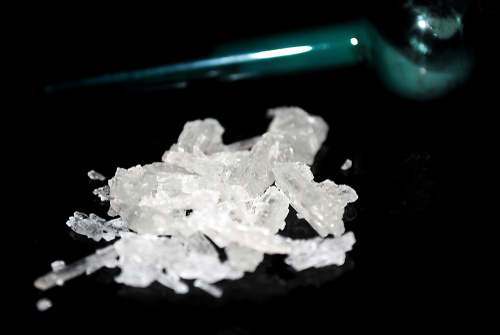Prescription Medication Detox
There are a variety of prescription medications available to help treat an array of ailments, each with distinct characteristics, and respective risks. When prescription medications are used properly, they can be a highly effective component to one’s treatment plan. Conversely, when prescription medications are abused, they can cause to severe short- and long-term effects. The Mayo Clinic asserts, “prescription drug abuse is the use of prescription medication in a way not intended by the prescribing doctor.” There is a common misconception that prescription medications are less dangerous to abuse than illicit substances because they are regulated and are prescribed to provide relief from a diagnosed medical condition. However, abuse of prescription medications can be as dangerous as abusing any substance.
Detox
Detoxification, colloquially referred to as detox, is the process of cleansing one’s body from foreign substances. There are a variety of detox methods with a wide range of support. Any person that habitually abuses a prescription medication has likely developed a tolerance to the abused substance or substances. When a drug tolerance is built, one’s body begins to rely on the substance to function. When the body lacks the previously abused substance, it will react accordingly and withdrawal symptoms (adverse symptoms that occur because of ceasing the use of a substance with which one’s body has become accustomed) will ensue. While each type of medication has a somewhat unique set of withdrawal symptoms that can manifest during detox, there are certain withdrawal symptoms that often occur with nearly every prescription drug when it is stopped. These withdrawal symptoms include, but are not limited to the following examples, provided by the Mayo Clinic:
- Intense cravings for the drug
- Goose bumps and chills
- Nausea, with or without vomiting
- Body aches
- Mood swings
- Agitation
- Stomach pain
- Headaches
- Digestive issues and diarrhea
- Sleep disturbances
- Difficulty concentrating
Depending on the type of medication, stopping abruptly can lead to severe withdrawal symptoms and dangerous side effects. Therefore, individuals that are detoxing from prescription medications are encouraged to undergo a detox method with the maximum amount of support, such as a medically supervised detox. This enables twenty-four-hour monitoring and when needed, medical assistance to help with alleviating some of the discomforts of the detox process and provide ample support in managing adverse withdrawal symptoms.
An individual’s detox experience depends on a variety of contributing factors, including one’s personal health history, the length of time she abused the medication, the kind of medication abused, the dose abused, the frequency of abuse, if she simultaneously abused other substances, and the presence of any co-morbid disorders will all factor into one’s detox experience. The duration, severity, and combination of withdrawal symptoms experienced during detox will differ from person to person.
For Information and Support
Substance abuse and addiction can be incredibly dangerous and can result in severe short and long-term consequences. If you or someone you know is suffering from substance abuse or addiction, please get help as soon as possible. The earlier you seek support, the sooner you and your loved ones can return to leading happy, healthy, and fulfilling lives. There is no reason to go through this alone, and we are here to help. Please feel free to reach out to us for further information or with any questions regarding substance abuse or addiction. We are available anytime via telephone at: 213-389-9964, or you can always email us at: info@friendlyhousela.org.



